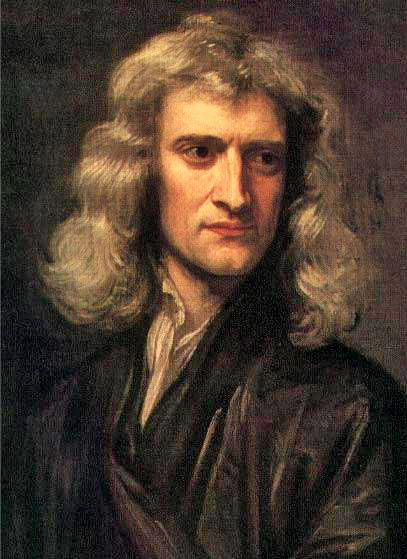„Ak som videl ďalej, bolo to preto, že som stál na pleciach obrov.“
If I have seen further it is by standing on ye shoulders of Giants
V liste pre Roberta Hookeho (15. február 1675)
Potvrdené výroky
